Alex McLeish prepared a young Simo Valakari the best he could for the culture shock of Scottish football.
Now a manager himself, the St Johnstone boss has tried to pass on that same wisdom to his own new recruits.
Nothing compares to experiencing the physicality of the Premiership first hand, however.
And the likes of Elliot Watt, Jonathan Svedberg and Daniels Balodis need to learn the lessons that were dished out at Rugby Park by an aggressive and streetwise Kilmarnock side.
“I remember my debut for Motherwell (in February, 1997),” Valakari recalled. “Alex McLeish took me aside after training on the Friday.
“He told me I was starting and warned it would be something I have never experienced before.
“We were playing Aberdeen. He said they will run over me, they will step on my toes, they will be physically stronger than teams I have played before.
“When the high balls come, there will be elbows and I will have to fight for everything. He told me I would need to cope with that and if I did, I would be OK.
“Even now, nearly 30 years on, the principles are still the same – and that’s what I told my players.
“The characteristics are still the same and that’s why I love Scottish football.
“In this league you need to do the fighting elements of the game first before you earn the right to play.
“You can be the most skilful and intelligent player, but if you don’t do those things right from the very start nobody is going to give you the benefit of standing back and let you play.
“I always say to the players they need to experience Scottish football for themselves.
“There won’t be much time to adapt because this is a very competitive league, and we are in a very important phase of the season.”
Coping with chaos
Hearts, another team who can press effectively high up the pitch, are the next opponents for a Saints side that has a vastly different look to the one which lost at Tynecastle in December.
“The players will learn from the Kilmarnock game,” said Valakari. “They have seen for themselves what football here is like.
“In Scotland you don’t get time, and you have to cope with the chaos in games at times.
“That was the experience I knew would hit them and hit them hard.
“But they are good boys, very smart boys and they know they have to learn and learn quickly.
“Not just the new boys, it’s the players already here too – we all have to learn from it together.
“They are all brutally honest with each other. They know they didn’t do the good things we wanted to do well enough.
“We didn’t give ourselves a chance to win it. We didn’t do the winning actions the same as we did against Motherwell, St Mirren and Hamilton.
“But we will own the mistakes, learn from them and try to be better in the next game.
“That is the way you improve. You have to feel it.
“It comes through a collective effort.
“We’re not the tallest team, the strongest team physically – but we have to find the collective way to find the best way to help each other.
“It’s about team-mates being in the right place to help each other when you need to.
“They are good players, good characters so that’s what they want to do.”
Finding the forwards
The early Killie opening goal was conceded after Watt was robbed of the ball on the edge of his own box.
Valakari doesn’t believe it was an error to play the ball to him in that particular situation but he stressed that mixing up their game is a key facet to improving as a team.
“People are talking about the goal we conceded and analysing it,” he said. “It was a bad technical execution of the first touch.
“There was so much space in that moment to do something different. We didn’t do the right thing on that occasion.
“You also need to be able to do different things and make the correct decisions.
“In these moments, we have to understand that the players higher up the field are not spectators. They are a big part of the action.
“Sometimes we need to go with a more vertical pass so they can challenge for the ball and hold it up so the team can get higher.
“That is something we are working on.
“Losing that goal so early in the game knocked us mentally, so we didn’t do the good things we had been doing in the games before.
“In those matches the only goal we conceded was a penalty kick, but with the way we conceded one at Kilmarnock we lost our calmness afterwards.
“We need to give ourselves a better chance in games. Lately we have done that and had the feeling of control.
“The expectations go a bit higher, and you start thinking about dominating games for 90 minutes, but of course that can’t happen.
“We got ourselves back in the game at Kilmarnock, playing the way we wanted to, but then the second goal from the free-kick knocked us again.”
Meanwhile, Victor Griffith will miss Sunday’s game but hasn’t been ruled out for the visit of Ross County the following midweek.
“Victor has twisted his ankle so he will be out for seven to 10 days,” said Valakari.
“He won’t be available for the Hearts game but hopefully we can get him back for the midweek match next week.”
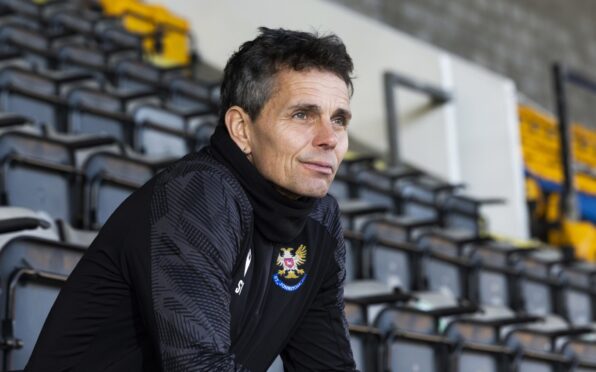
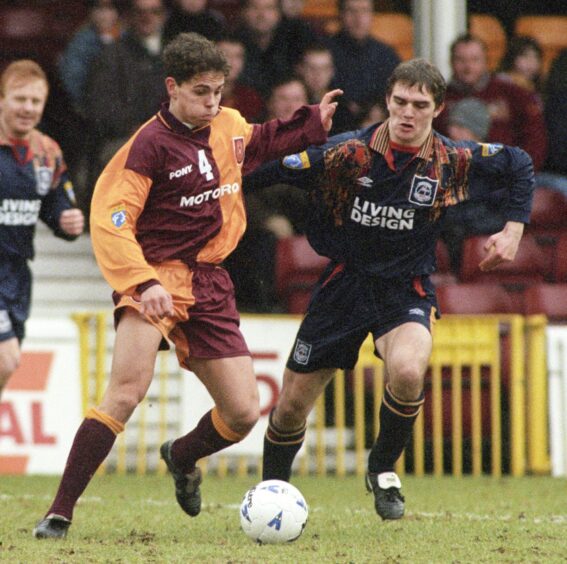
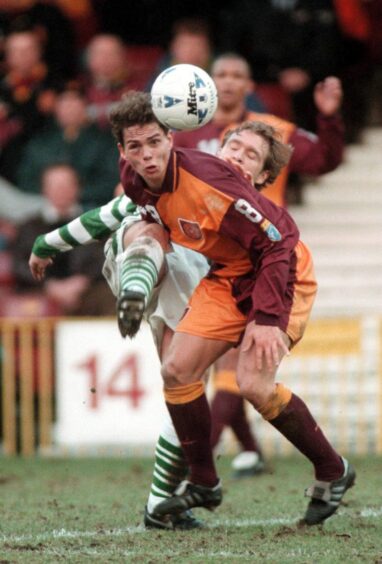
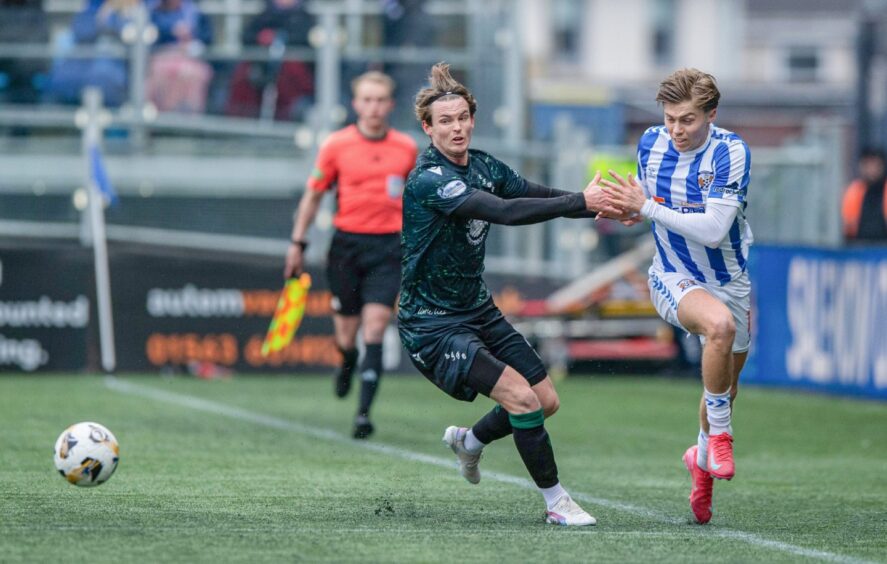
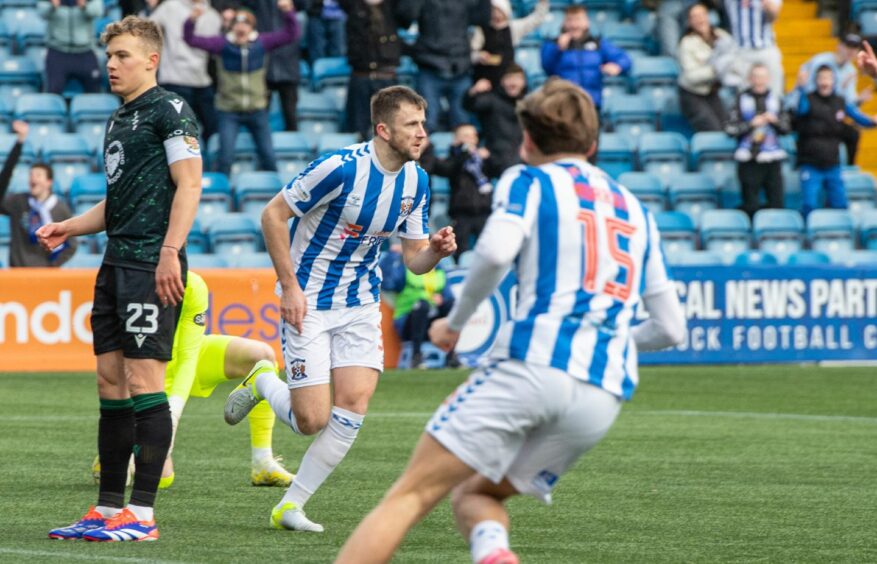
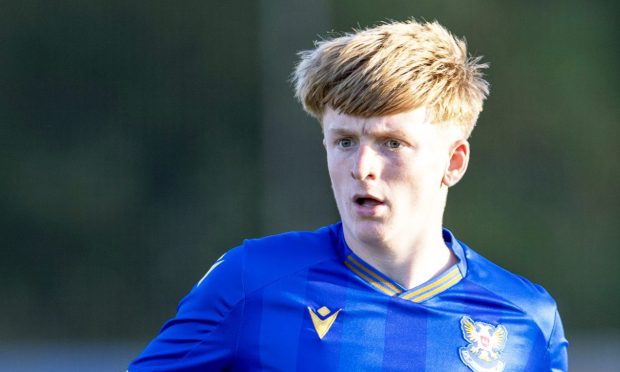
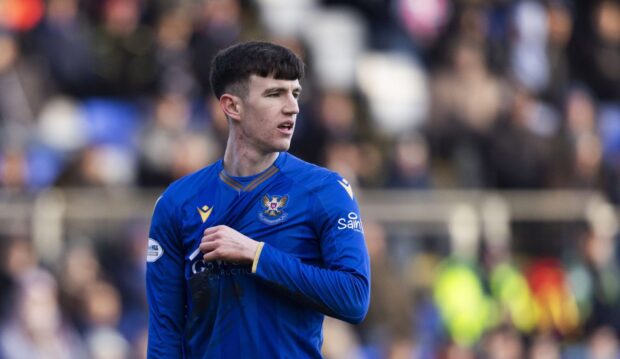
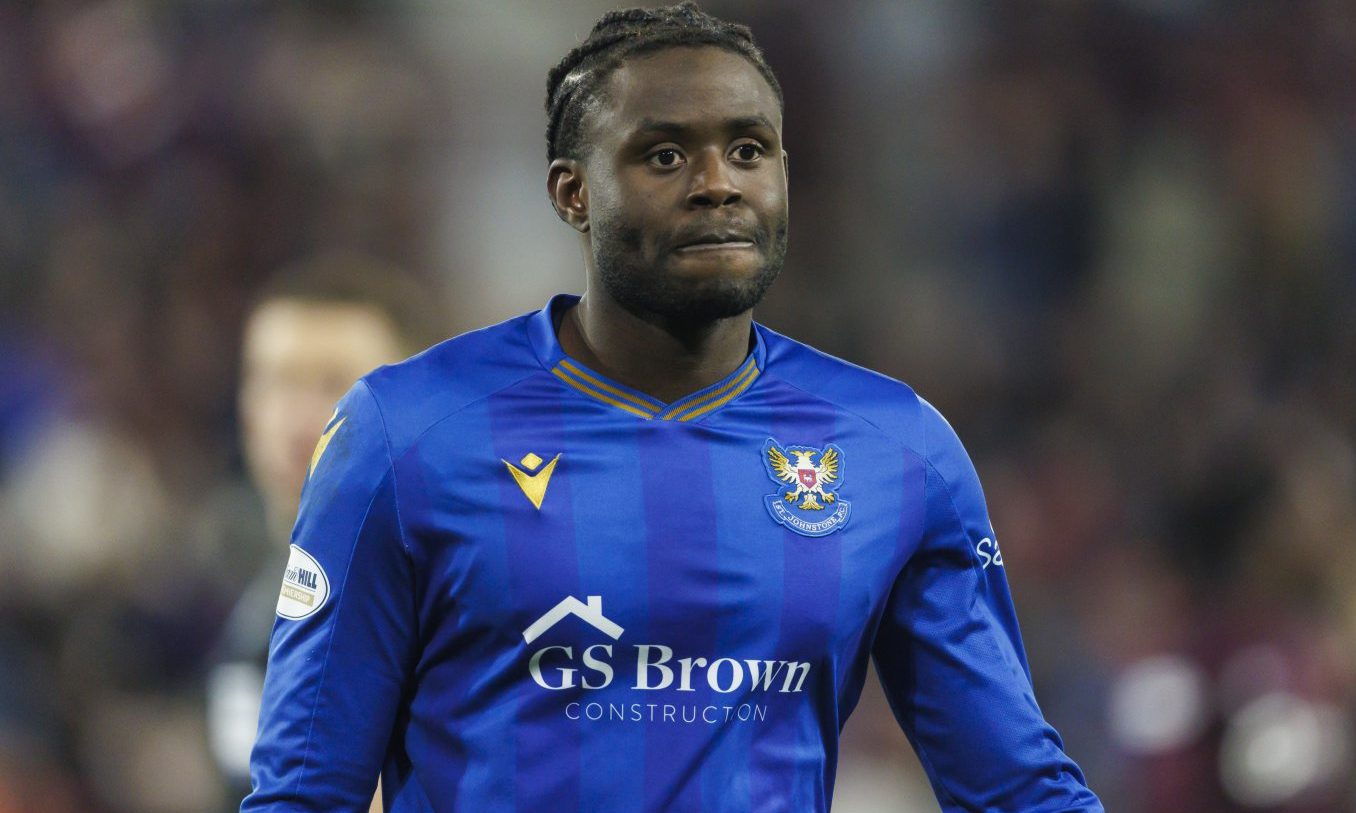
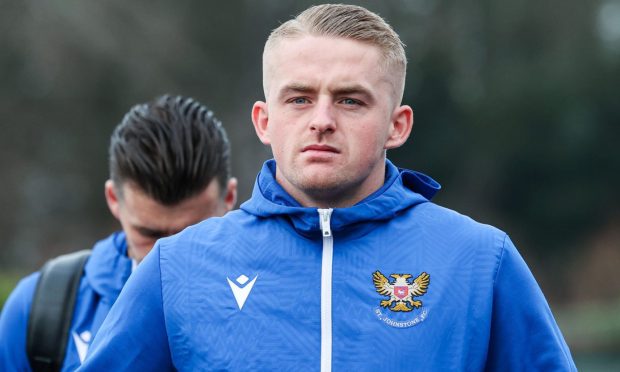
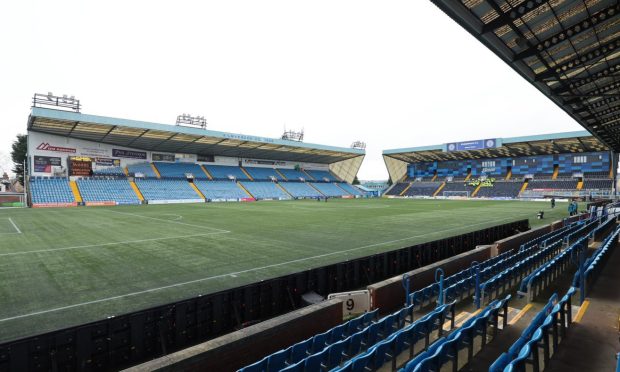
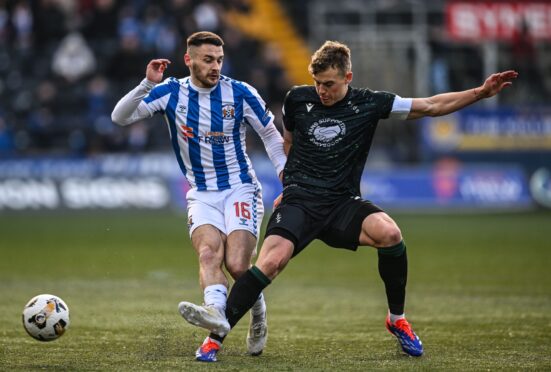
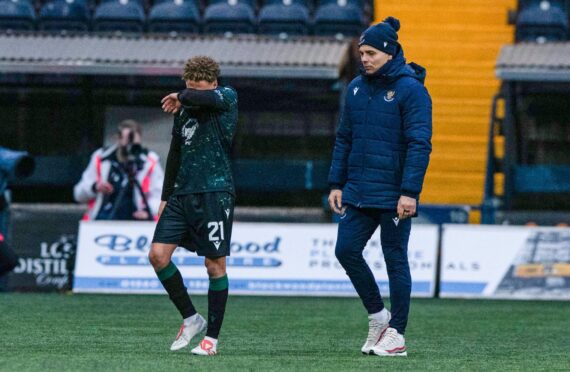
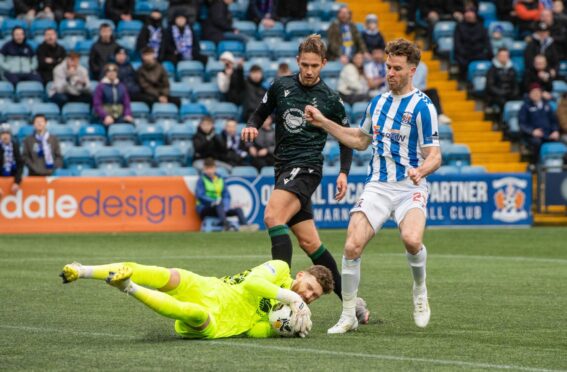
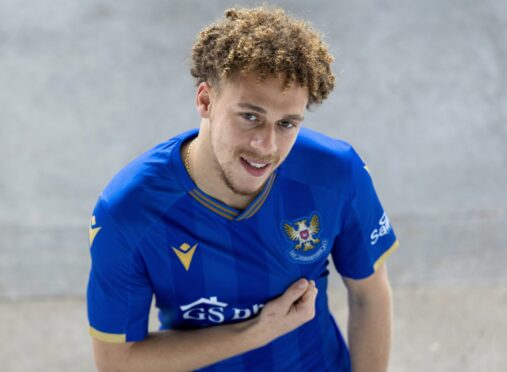
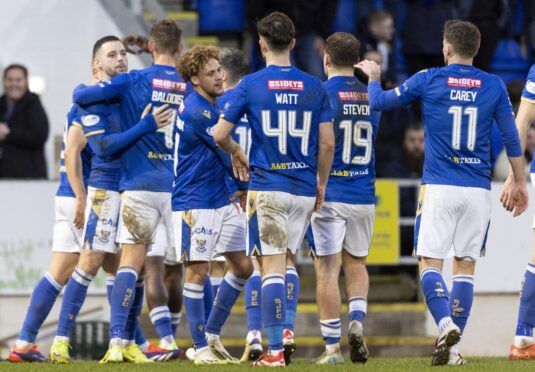
Conversation